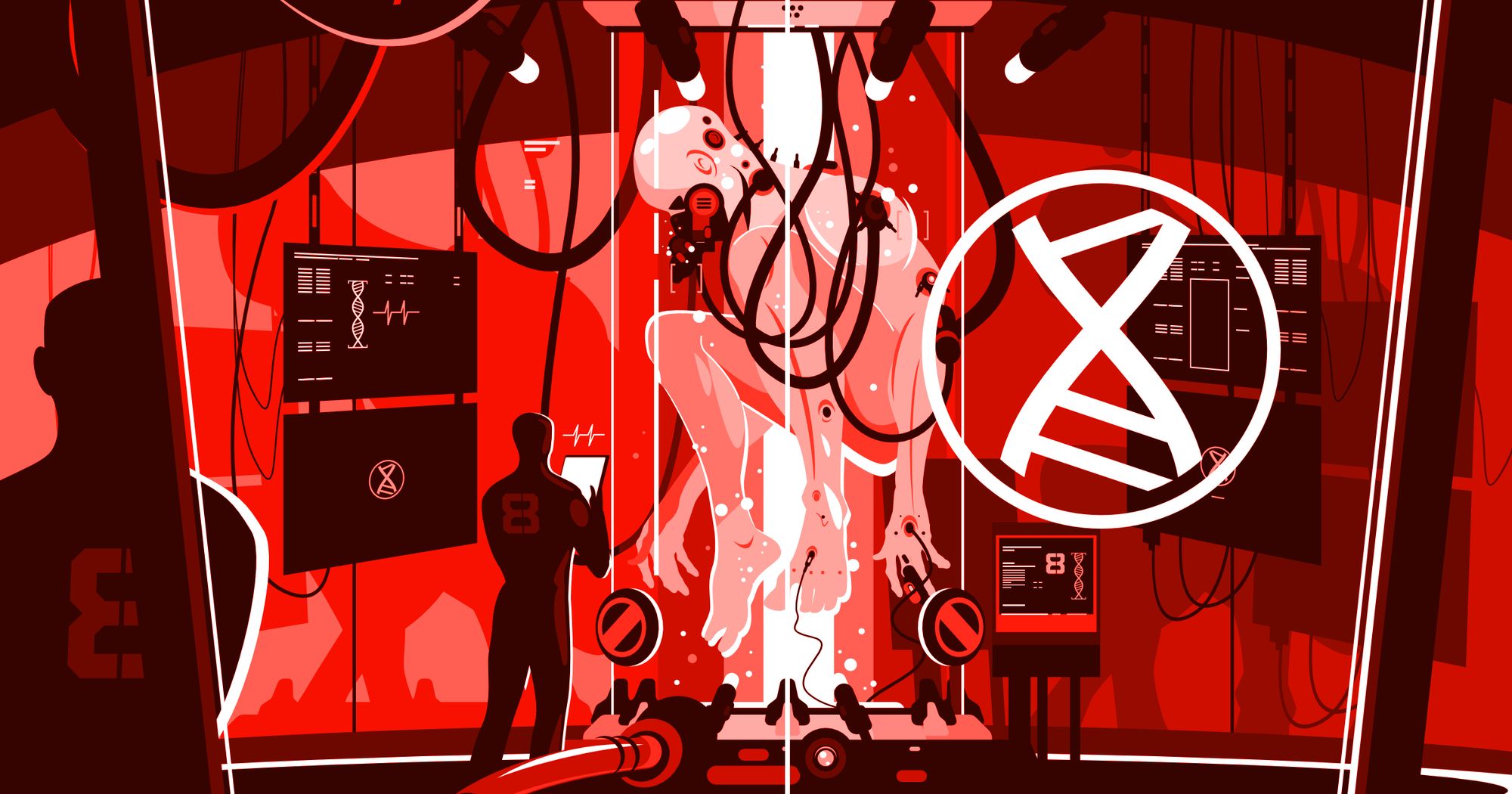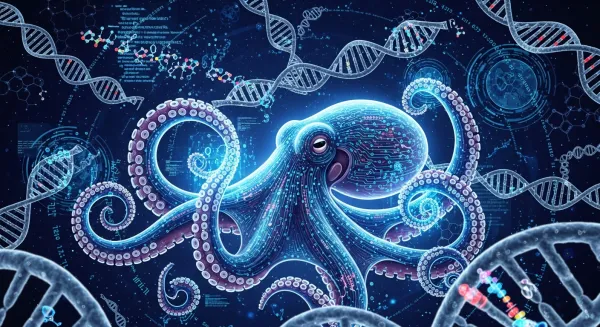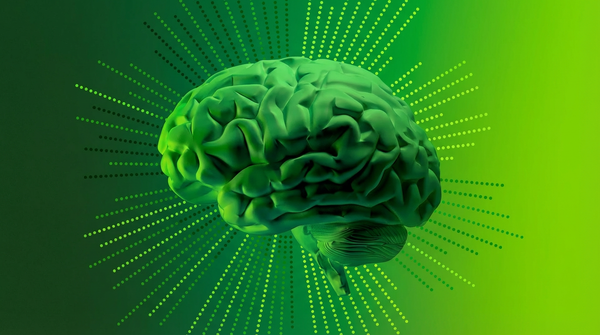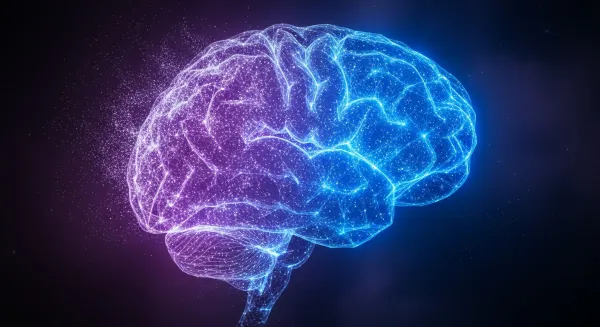Anybody can take a DNA test these days. All it takes is just a few clicks to order a kit, spit in a tube, mail your spit sample and then wait a few days to get your results.
DNA tests from providers like 23andMe and Ancestry, among others, are always fueled with curiosity to know about one’s roots. From finding your ancestry to identifying genetic risks to a range of medical conditions, it might be tempting to take one. But how accurate are these tests—truly?
There have been cases in the past of people signing up with multiple providers and getting varied results. Still, one can argue that might be a small case of human error, or is it?
To understand if these tests have any substance or are they just pure fluff we need to look at how these tests are performed.
DNA is a genetic code found in all living organisms, it is what makes us, really us. Our DNA contains a lot of information, something these companies bank on.
Now imagine this, your spit is a piece of a page, which itself is a part of a larger book.
So what these companies do is they take this DNA Sample and then they try to match it with genetic markers. These genetic markers are basically their huge database which they run your sample across. Trying to figure out if your piece of paper matches with any of the pages in their system.
Simply put, their tests are as accurate as large their database is. Also, a lot of your DNA is garbage, leftover data from billions of years of evolution. So if your spit or DNA sample contains the right amount of data then your tests will be accurate and the probability of that happening is quite low.
So, if your tests say that you are 20% Irish, it simply says that according to their database, a certain 20% of your sample is found in Irish folks. Most of these tests a mere prediction rather than actual tests with accurate results. All of this is assuming that these tests are done properly.
This also means that the health-related risks these companies tell you might have to face should not be taken seriously. Take the case of a woman from Pasadena, her test revealed that she might have a risk of ALS Disease. But after two years of worrying over it, she took another test at a medical centre, which refuted the claim.
Genetics is a probabilistic science.
Even if the data is not always accurate, it is something which can be used to violate your privacy to a greater extent. Take the example of 23andMe which has a huge deal with pharmaceutical giant GlaxoSmithKline, basically giving the giant access to their customer data for medical research. On 23andMe’s part they do ask users if they want to opt-in their medical research program but the majority of its customers hardly even know that consent exists.
You simply can’t imagine what kind of applications your data has. It can be used by law and enforcement agencies to track you or your relatives against their wishes. Even if they do a crime or not. Reports suggest that China is using the same to spy on its people, especially the Uyghurs minority.
Let’s take another case of Calico Life Sciences, a MedTech company owned by Google’s parent company, Alphabet, which is the primary research partner of Ancestry.com. Google, which is one of the biggest online advertisers, can simply take this database and target you. It’s really not that hard. After all your so-called “anonymous” data test is stored in a mere digital database.
I am not even getting to the point where your data can be stolen or can be used for racial profiling. Even if it is not completely accurate, a small part of it is, and that is what these predators really care about.
Simply put, it's better to do no tests than flawed tests which do you more harm than good.






